
What Is CBG Oil?
If you’re looking for a comprehensive, natural solution to tackle inflammation and its debilitating effects, you’re in the right place. Welcome to the new era

With the rise of healthy lifestyles and natural health support, the importance of quality sleep is becoming more prominent. Many people worldwide suffer from insomnia, sleep difficulties, or frequent nighttime awakenings, which can affect their entire day and reduce performance. While it may not be “trendy” to go to bed early, more and more people are realizing the importance of aligning their body’s functions with the circadian rhythm.
The circadian rhythm refers to the collection of biological processes in our body that influence when we are active during the day and when we feel tired and fall asleep. Our circadian rhythm is primarily in sync with daylight, so if we can align our daily activities with the position of the sun, we can do a lot for our health. For example, we should wake up around 6-7 am and fall asleep around 10, but no later than 11 pm. Our body’s functioning also follows this daily rhythm. Our liver, for instance, is most active between 1 am and 2 am when it can efficiently perform the detoxification process, while the levels of our digestive juices are highest around noon, preparing for the digestion of the largest amount of food of the day. If our lifestyle deviates from this rhythm, we may experience various health issues in the long run. Sleeping for 8 hours is not the same between the hours of 10:00 pm to 6:00 am and 1:00 am to 9:00 am.
In addition to following our natural circadian rhythm, there are other ways to support the quality of our sleep. It’s worth allowing a 2-hour break between our last meal and bedtime, avoiding exercising too late, and taking a few hours off from using electronic devices before going to sleep.
Intuitive eating as a dietary approach is gaining popularity these days. It is advocated by nutritionists and dieticians who speak out against restrictive diets that can lead to self-deprivation and nutrient deficiencies. The essence of intuitive eating is not to starve ourselves but to eat when we’re hungry and consume foods that we crave.
This might sound easy, and it can encourage many unhealthy eaters because, in reality, they only eat when they’re hungry and choose what they crave at that moment. Therefore, it’s crucial to clarify a few things before anyone starts a “ice cream” or “pizza” diet under the label of intuitive eating, thinking they can eat it “anytime and as much as they want.”
Our body is an incredibly intelligent, wise, and adaptable system. It can learn and adapt to the patterns and routines we expose it to. For example, if we feed it carbohydrates, starch, sugar, and other unhealthy foods all day long, it will clearly “request” the same from us because it doesn’t know that other types of nourishment are available. However, the good news is that just as we can develop bad habits, we can also unlearn them. Let’s switch to a healthy eating habit where each meal consists of nutrient-rich ingredients and exclude known unhealthy ingredients. Let’s maintain this habit for at least a month, and afterwards, we will notice that we no longer crave chips or fried meat, but instead, we would gladly have a grilled fish with some vegetable side dish.
It’s important to note that intuitive eating works only when we train our bodies with good patterns and nutrients. If we don’t know what we should eat or need to eliminate certain foods due to various health issues, we should consult a holistic nutritionist or dietitian who focuses not only on selling a specific type of diet
To support our gut health, it’s important not only to add new products or foods to our diet but also to exclude foods that promote the growth of bad bacteria. Examples of such foods are sugar, wheat, and gluten. Contrary to popular belief, even complex, “whole grain” carbohydrates do not support digestion because they are processed in the intestines, providing nourishment for the proliferation of bad bacteria.
We hope this summary provides enough inspiration for you to explore in more detail natural and “alternative” solutions that can improve your health or support your lifestyle.
These statements have not been evaluated by the Food and Drug Administration. These products/services are not intended to diagnose, treat, cure, or prevent any disease.

If you’re looking for a comprehensive, natural solution to tackle inflammation and its debilitating effects, you’re in the right place. Welcome to the new era
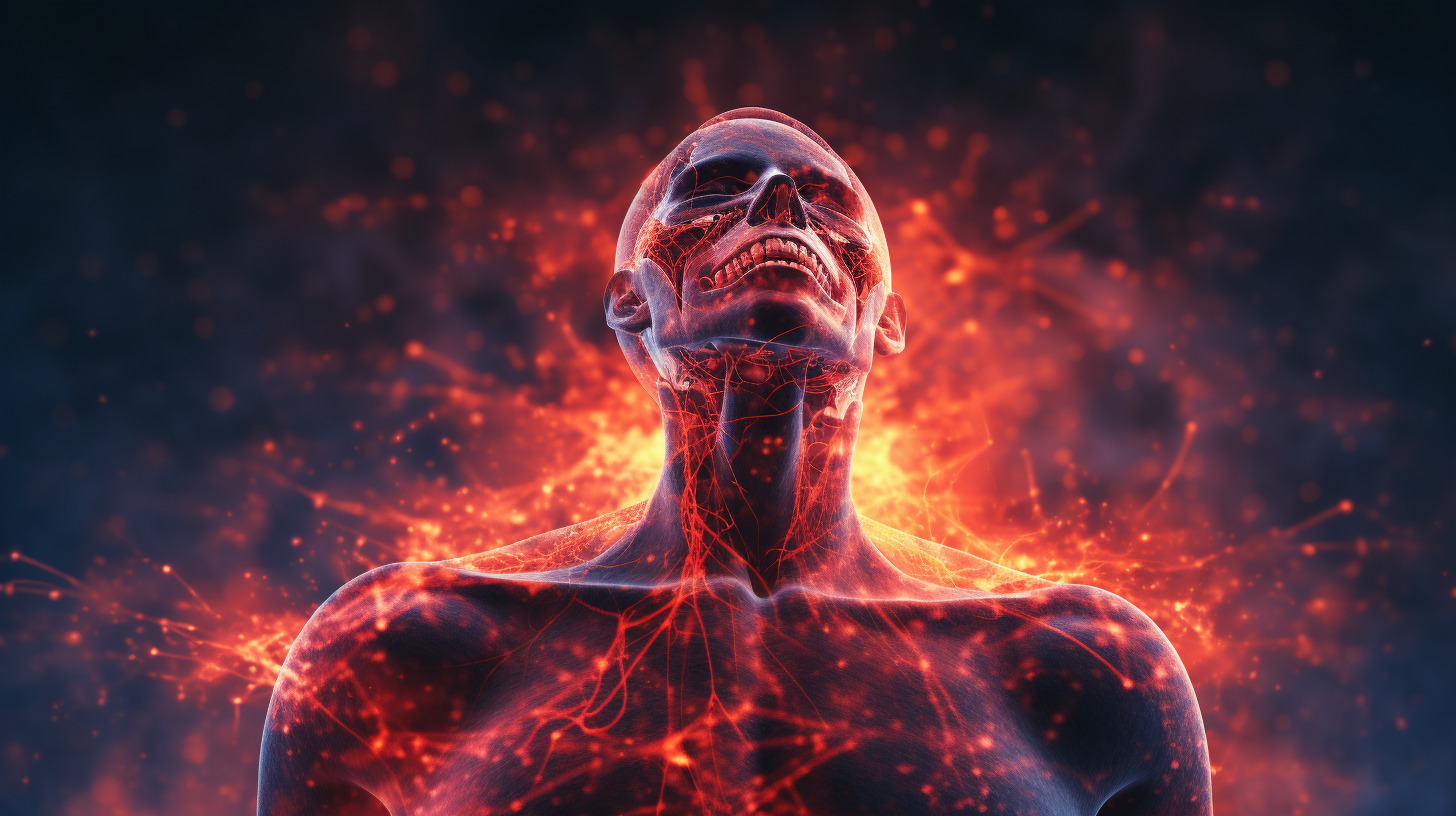
The Invisible Enemy Within You wake up feeling groggy, your joints ache, and that old neck pain seems to have returned. No, it’s not just

CBG oil has been creating waves in the health and wellness industry, and for good reasons. But with any health trend, it’s crucial to separate
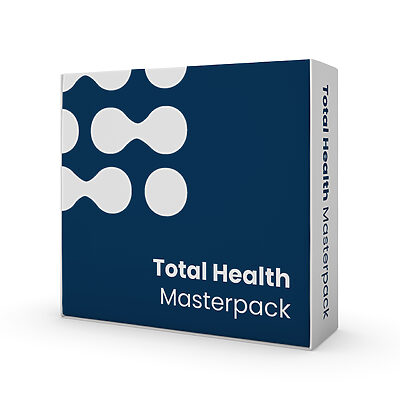
In stock | Free shipping
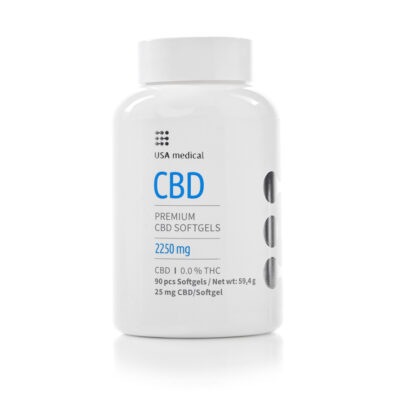
In stock | Free shipping
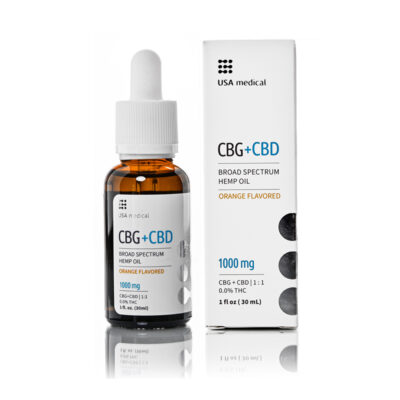
In stock | Free shipping
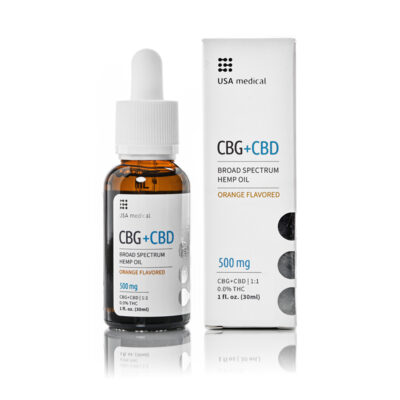
In stock | Free shipping
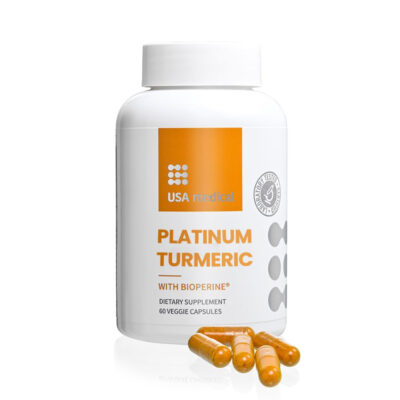
In stock | Free shipping
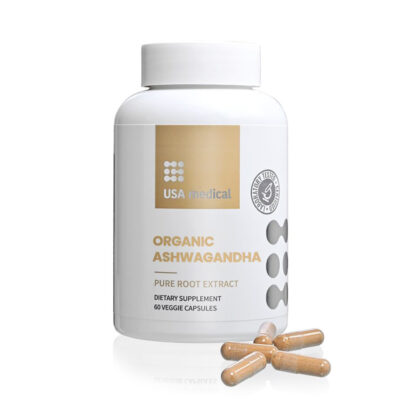
In stock | Free shipping

In stock | Free shipping
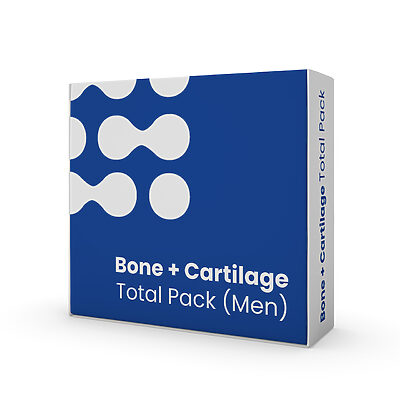
In stock | Free shipping
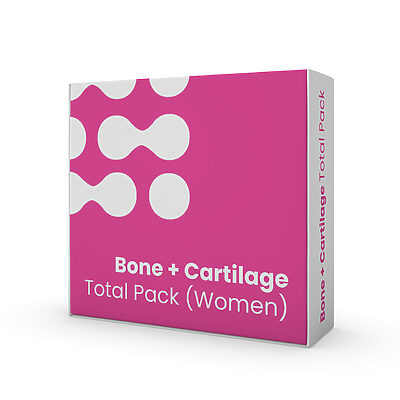
In stock | Free shipping
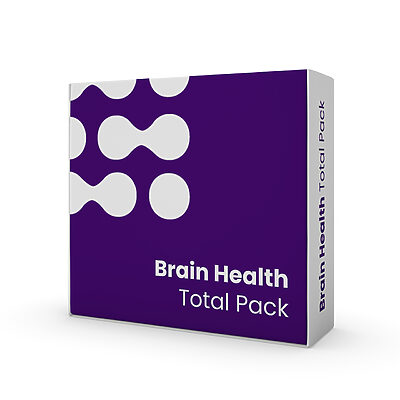
In stock | Free shipping
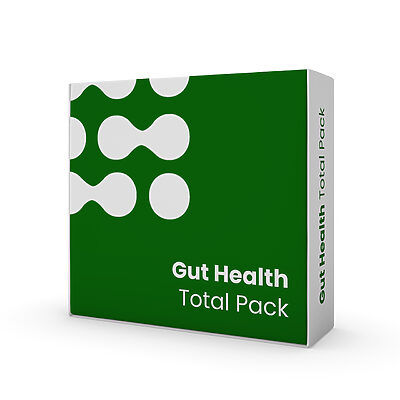
In stock | Free shipping
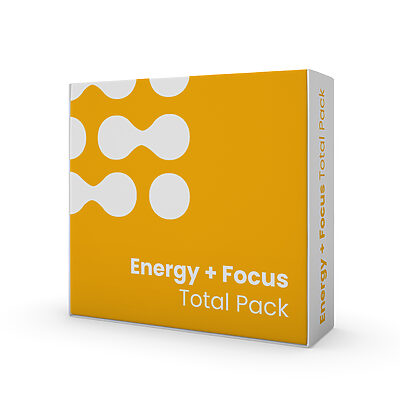
In stock | Free shipping
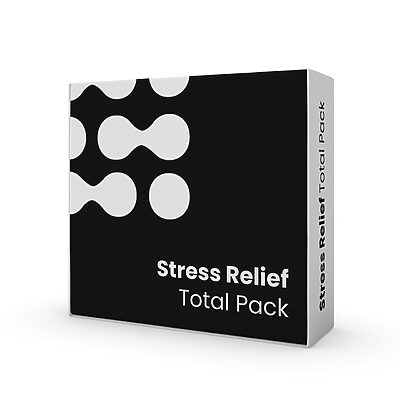
In stock | Free shipping
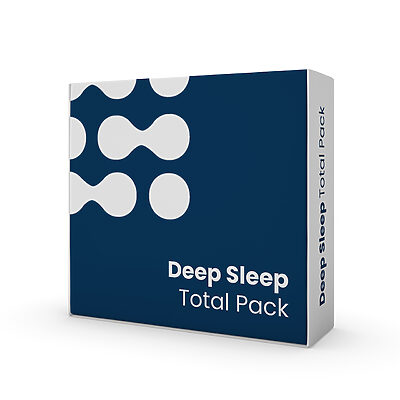
In stock | Free shipping
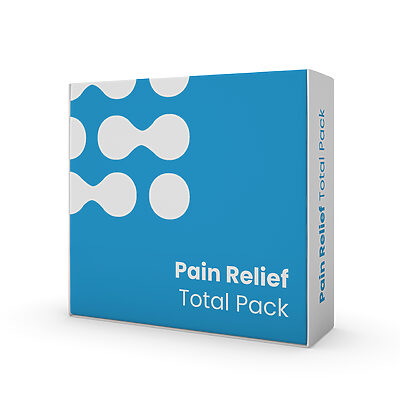
In stock | Free shipping